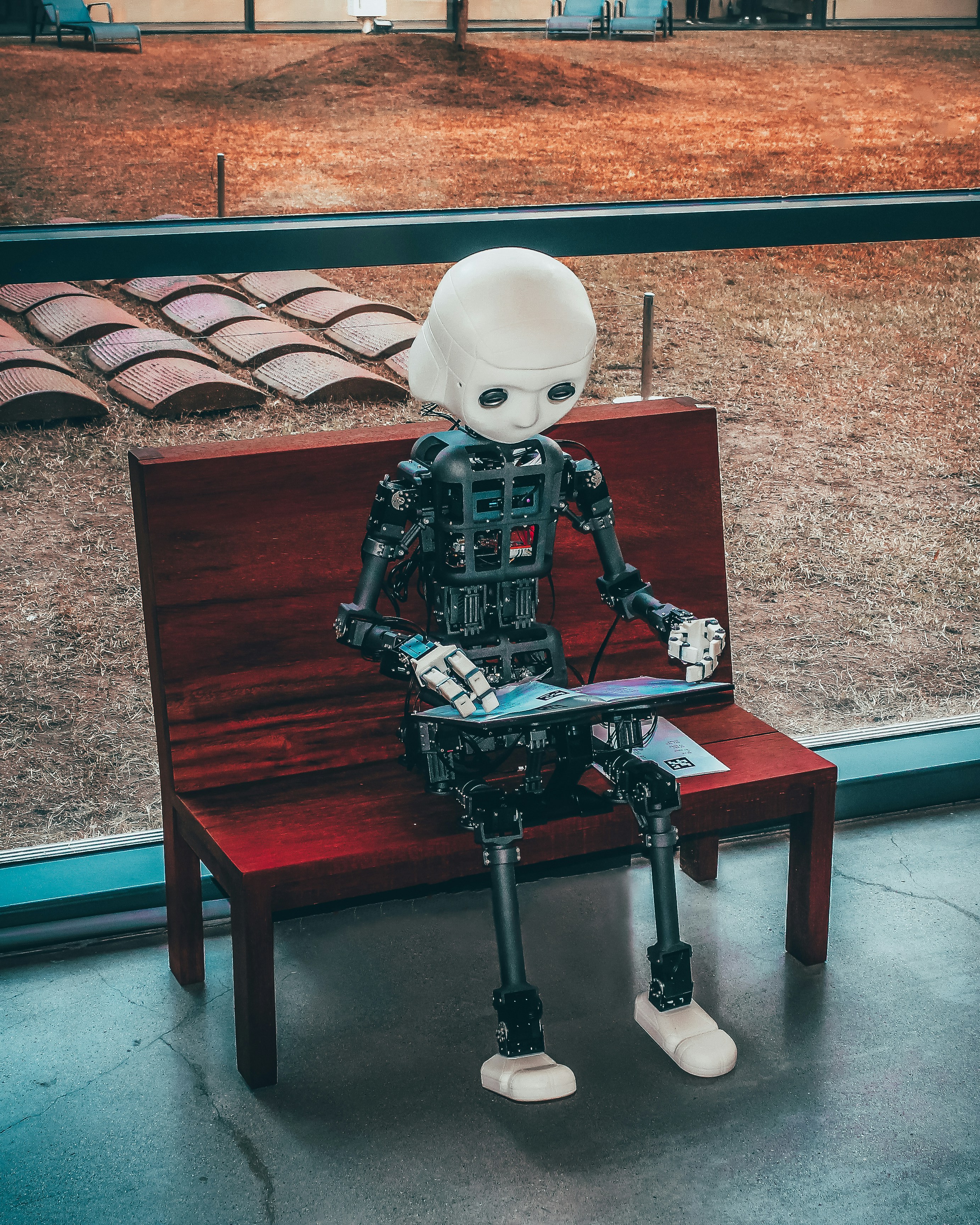The Future of Learning: How Digital Coaches are Revolutionizing AI and Computer Science Education
August 28, 2024 | by itctbilaspur@gmail.com
 Photo by Andrea De Santis on Unsplash
Photo by Andrea De Santis on Unsplash Understanding Digital Coaches: What They Are and How They Work
Digital coaches represent a groundbreaking intersection of technology and education, designed to provide personalized and interactive learning experiences. These virtual mentors utilize advanced artificial intelligence (AI) and machine learning algorithms to tailor educational content, thereby enabling students to master complex subjects such as AI and computer science.
The technology behind digital coaches is both sophisticated and nuanced. Artificial intelligence facilitates the understanding of student behaviors and preferences, while machine learning algorithms adapt in real-time to individual learning styles. This constant adaptation ensures that each learner receives a customized educational experience, which can improve their understanding and retention of the material. By leveraging data analytics, digital coaches can pinpoint areas where a student may struggle, offering targeted support and resources to address those challenges.
While digital coaches have applications across various fields, their impact on education is particularly noteworthy. In the realm of AI and computer science, digital coaches are instrumental in demystifying complex concepts, making these subjects more accessible to a broader audience. By providing real-time feedback, they allow learners to correct mistakes immediately, fostering a deeper understanding of the subject matter. This immediate reinforcement can significantly enhance the learning process, empowering students to achieve their educational objectives more efficiently.
Moreover, digital coaches excel in adapting to diverse learning styles, making them a versatile tool in the educational landscape. Whether a student prefers visual aids, hands-on activities, or theoretical explanations, digital coaches can adjust their instructional methods accordingly. This personalized approach not only caters to the unique needs of individual learners but also fosters a more inclusive educational environment.
Another pivotal benefit of digital coaches is their ability to make education more accessible. By removing geographical and temporal barriers, digital coaches provide learners with the flexibility to study at their own pace and convenience. This democratization of education ensures that high-quality learning experiences are available to a global audience, regardless of location or socioeconomic status.
In essence, the integration of digital coaches into educational frameworks heralds a new era of personalized and accessible learning. As technology continues to evolve, the role of digital coaches in shaping the future of education, particularly in AI and computer science, is poised to grow exponentially.
The Impact of Digital Coaches on AI and Computer Science Education
Digital coaches are increasingly proving to be game-changers in AI and computer science education. With their capacity to offer personalized, instant feedback and guidance, they have been successfully integrated into curricula around the world, demonstrating remarkable improvements in student performance and engagement. For instance, Stanford University has leveraged digital coaches in its AI programs, employing them to evaluate students’ coding assignments in real-time. This not only accelerates the feedback loop but also enables students to understand and rectify their mistakes immediately, fostering a deeper comprehension of complex algorithms and data structures.
Another notable example is Georgia Tech’s use of a digital coach named “Jill Watson,” an AI teaching assistant, in their online MSc in Computer Science. Jill responded to thousands of student queries with such effectiveness that her identity as a digital entity surprised many students. This innovative approach has significantly enhanced student interaction and satisfaction levels, creating a more engaging learning environment overall.
Moreover, digital coaches have introduced groundbreaking teaching methods that were previously unimaginable. Gamified learning, for instance, taps into students’ intrinsic motivation by turning educational tasks into interactive games. By awarding points, badges, and other incentives for completing challenges, students are encouraged to make consistent progress. Project-based assessments, another innovation spearheaded by digital coaches, shift the focus from traditional exams to hands-on projects that allow learners to apply theoretical knowledge to real-world problems. This method has been particularly effective in fostering critical thinking and problem-solving skills, crucial in the rapidly evolving fields of AI and computer science.
Looking ahead, the potential of digital coaches in AI and computer science education is immense. As AI technology continues to advance, these digital mentors can offer even more personalized and adaptive learning experiences, democratizing access to quality education. This can be particularly transformative for underrepresented groups who may lack access to traditional educational resources. By breaking down geographical and financial barriers, digital coaches could play a pivotal role in cultivating the next generation of AI and computer science experts, driving innovation and growth in these crucial fields.
RELATED POSTS
View all
